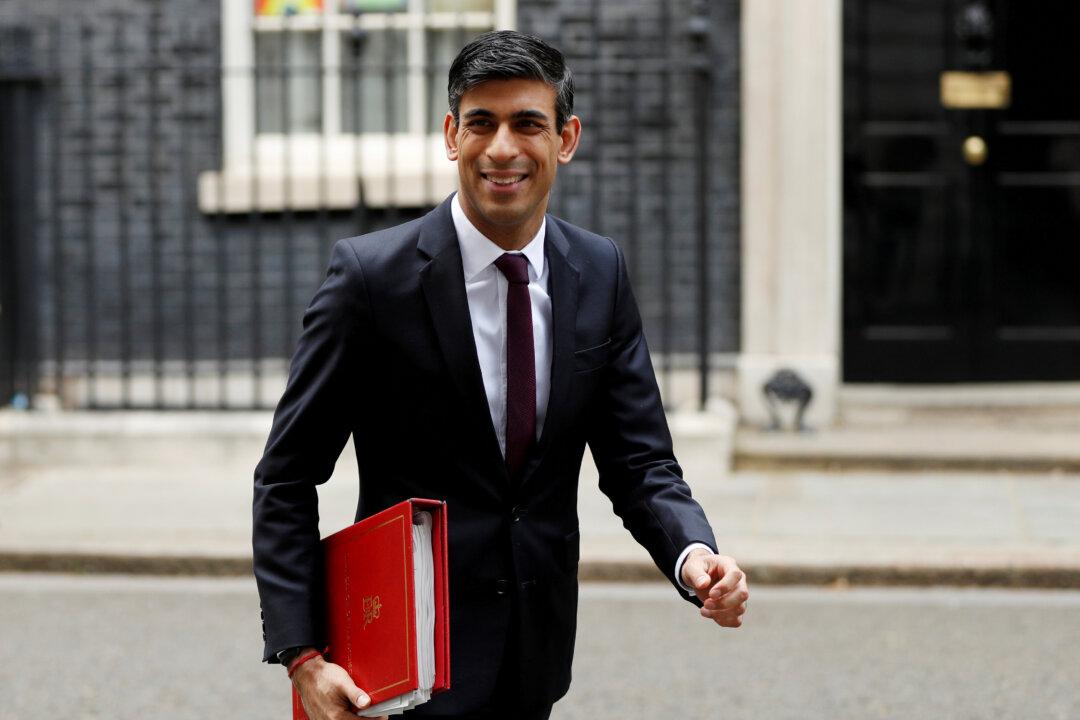Brits squirrelled away their wages, profits, and pandemic handouts during this year’s spring lockdown, taking household savings to near-record levels, according to official figures.
The data from the Office for National Statistics also show that GDP contracted during that first quarter of the year by more than expected, dropping by 1.6 percent compared with the previous 1.5 percent estimate.





